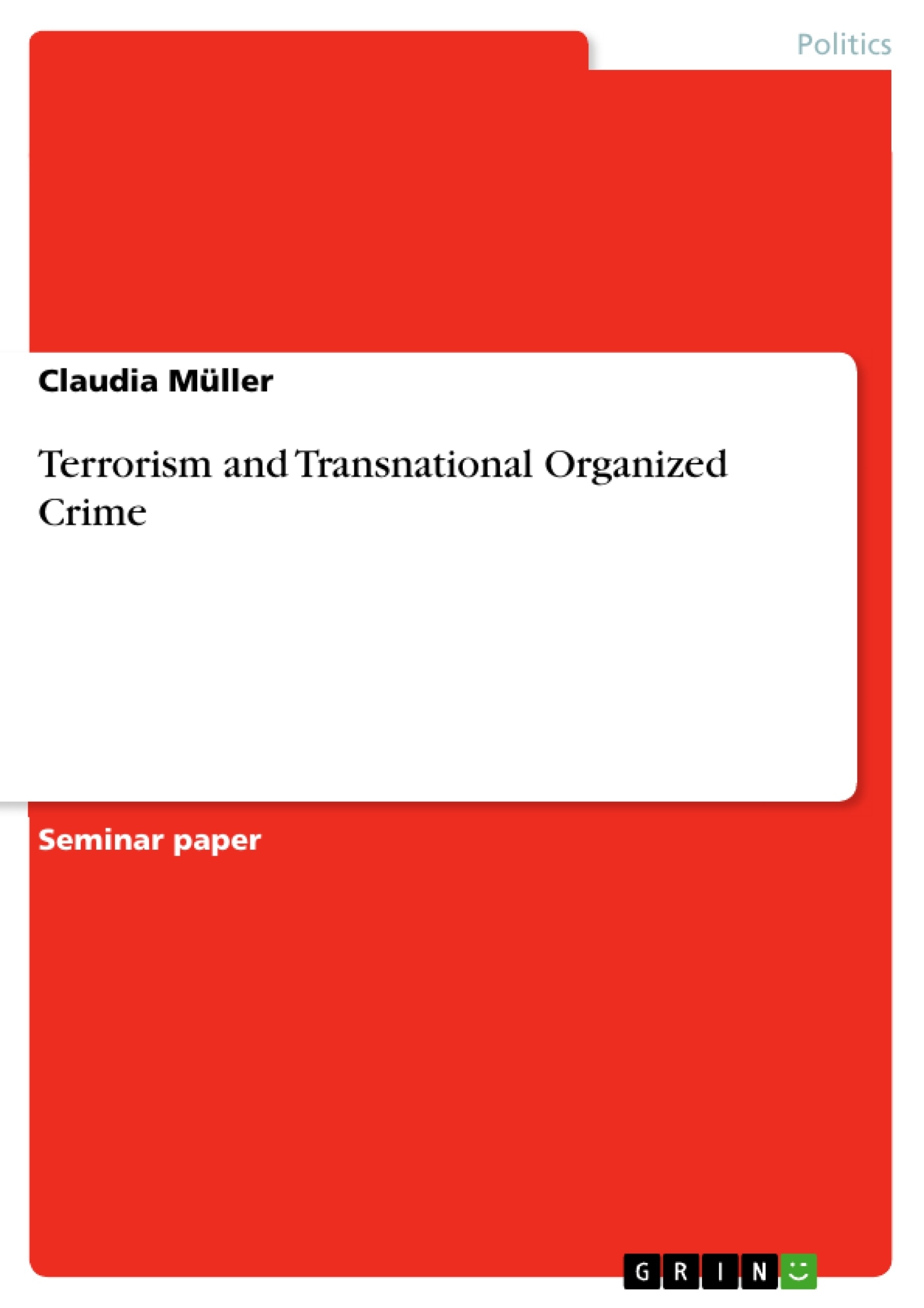“We will direct every resource at our command to win the war against terrorists, every means of
diplomacy, every tool of intelligence, every instrument of law enforcement, every financial influence.
We will starve the terrorists of funding, turn them against each other, rout them out of their safe
hiding places, and bring them to justice” (Cited in Biersteker and Eckert 2008: 1).
President George W. Bush, September 24, 2001
In the immediate aftermath of the attacks in the United States on 11 September 2001 President W.
Bush declared America’s “War on Terrorism” in which he assured to defeat terrorist movements
and their methods of funding that could be used to support the acts of global terrorist (Biersteker
and Eckert 2008; 1). The examination of broader terrorism studies literature shows “financial and
material resources are correctly perceived as the lifeblood of terrorist operations, and governments
have determined that fighting the financial infrastructure of terrorist organizations is the key to
their defeat” (Grialdo and Trinkunas 2007; 1). Since the attacks of 9/11 the US has designed a strong
strategy to fight terrorist groups and their financing. International and national measures have been
carried out such as the International Convention for the Suppression of the Financing of Terrorism,
the enforcement of international sanctions, and the expansion of law enforcement to target
terrorism financing and disrupt terrorist operation (Sheppard 2002). However, the spectrum of
terrorist funding is broad. In particular, the increasing reliance on criminal activities by terrorist since
the end of the Cold War and the subsequent decline of state sponsorship, such as the rising pressure
of law enforcement, network structures became an essential source to safeguard the existence
of many terrorist and criminal groups. The development of the so- called “crime- terror” nexus, in
which two traditionally autonomous groups started to expose various operational and structural
parallels, implicated a key income source for terrorists and has brought sheer difficulty to develop
successful strategies to freeze the terrorist monetary trail. In the following, this essay examines the
involvement of terrorist groups in criminal activities as a source of funding and whether or not it is a
sustainable and profitable source for terrorist funding. Moreover, we try to evaluate to what extent
the so- called “terror-crime nexus” poses a threat to global security.
Inhaltsverzeichnis (Table of Contents)
- Introduction
- Section One
- Terrorism and Organized Crime
- Methods and Goals
- Section Two
- Case Study 1: Hezbollah and Cigarette Smuggling
- Case Study 2: The Islamic Movement of Uzbekistan and Narco-Terrorism
Zielsetzung und Themenschwerpunkte (Objectives and Key Themes)
This essay examines the connection between terrorist groups and criminal activities as a source of funding, exploring its sustainability and profitability for terrorist organizations. The essay also analyzes the extent to which the "terror-crime nexus" poses a threat to global security.
- The relationship between terrorism and organized crime, including motivations and methods.
- The evolution of terrorist funding strategies and the rise of transnational organized crime.
- The role of globalization and state weakness in facilitating the "terror-crime nexus".
- The impact of the "terror-crime nexus" on global security.
- Case studies of Hezbollah and the Islamic Movement of Uzbekistan to illustrate the nexus in practice.
Zusammenfassung der Kapitel (Chapter Summaries)
The essay is divided into two main chapters. The first chapter provides a theoretical overview of the "terror-crime nexus", examining the reasons why terrorist groups engage in criminal activities and exploring the differences between terrorist and organized crime groups. This chapter also discusses the benefits and risks of alliances between these groups.
The second chapter focuses on empirical analysis through two case studies. It investigates the extent to which organized crime methods provide a vital source of income for terrorist groups, analyzing the specific cases of Hezbollah and the Islamic Movement of Uzbekistan.
Schlüsselwörter (Keywords)
Key terms and concepts explored in the essay include terrorism, transnational organized crime, "terror-crime nexus," state sponsorship, globalization, Hezbollah, the Islamic Movement of Uzbekistan, cigarette smuggling, and narco-terrorism.
What is the "terror-crime nexus"?
It describes the operational and structural parallels and alliances between terrorist groups and organized crime organizations for funding and logistics.
Why did terrorists turn to criminal activities after the Cold War?
The decline of state sponsorship forced terrorist groups to find alternative funding sources through transnational organized crime.
Which case studies are analyzed in the essay?
The essay examines Hezbollah's involvement in cigarette smuggling and the Islamic Movement of Uzbekistan's role in narco-terrorism.
How does the US fight terrorist financing?
Strategies include international conventions, enforcement of sanctions, and expanding law enforcement to disrupt financial infrastructures.
Is criminal activity a sustainable funding source for terrorists?
The essay evaluates the profitability and sustainability of this nexus and how it complicates global security strategies.



